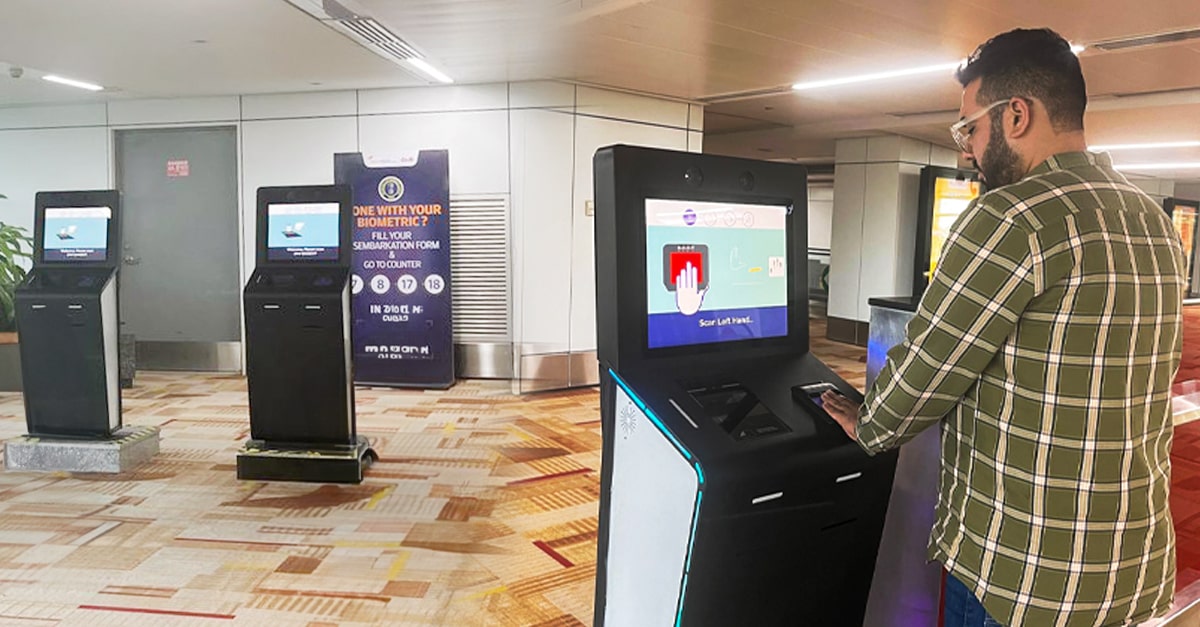
IATA announces that a fully digital travel experience is now closer to reality

The International Air Transport Association (IATA) and its partners have successfully demonstrated that the industry is ready to deliver a fully digital air travel experience.
This was achieved in a proof-of-concept (PoC) involving two passengers using different digital wallets and travel credentials on a round-trip between Hong Kong and Tokyo.
IATA partnered with Cathay Pacific, Hong Kong International Airport, Narita International Airport, Branchspace, Facephi, NEC, Neoke, Northern Block and SICPA for the travel which took place on 21 and 22 October.
The airport elements of this PoC were conducted in a live environment, building on an initial PoC carried out in a test environment in 2023.
What happened during the test run?
In the PoC, two travellers used digital wallets containing their digital passport, company ID, and frequent flyer credentials to obtain personalised offers, book a flight, obtain a visa, check their travel documentation, check-in and receive boarding passes.
The travellers used biometric identification to manage airport processes in a live environment without repeatedly showing their travel documents.
The successful journey integrated seven verifiable credentials (ePassport copy, live biometric image, visa copy, company ID, frequent flyer membership, order, and boarding pass), two digital wallets and a trust registry to verify issuers.
IATA senior vice-president for operations, safety, and security Nick Careen said of the results: “A seamless fully digital travel experience powered by digital identity and biometrics has moved from theory to proven reality. The challenge now is to make this more efficient travel experience available to all travellers. There is good reason for optimism. With One ID standards already in place and the expansion of Modern Airline Retailing to support digital identity with the highest levels of data privacy and protection, the industry could be ready for this in the very near future. Government efforts to adopt digital travel credentials based on ICAO standards are picking up pace. Europe is already planning to issue Digital Identity Wallets to citizens and residents by 2027.”
What happens now?
This successful pilot is a key step towards a seamless digital travel experience, allowing airlines to offer more personalised, secure, and efficient journeys for passengers using digital identity, while ensuring traditional manual processing remains available for those who prefer it or in case backup systems are needed.
The PoC demonstrated that IATA’s Modern Airline Retailing vision and IATA’s One ID Standards can seamlessly improve the customer experience, from shopping to travel, in harmonisation with existing airline/airport processes.
With a traveller’s identity document securely stored in a digital wallet, the traveller can consent to share their biometrics to pass through various airport checkpoints—such as bag drop, security, immigration, and boarding—without needing to show physical documents.
In doing so, several other key elements of digital travel experience were validated. These include:
- Industry standards to support a digital travel experience are fit for purpose:
-
-
- Verifiable Credentials (VCs) for live biometric VCs and boarding pass VCs, developed this year, were successfully tested. In addition, a Visa VC was successfully used to demonstrate paperless document verification.
- The draft Technical Guidance for Digitalization of Admissibility was used as a baseline to successfully define requirements for interoperability.
-
- Critical interoperability: Successfully using multiple VC issuers, verifiers, and wallets by two travellers on the round-trip journey validated the flexibility of the required technology across travel stages and jurisdictions. The VCs integrated smoothly with existing biometric systems at both Hong Kong and Tokyo’s Narita airports.
- Trusted Issuer Registry was successfully tested: This system verifies that a credential was issued by a trusted entity. To enable widespread adoption, an open ecosystem with credential issuers from both the public and private sectors is desired, making such verification critical.

